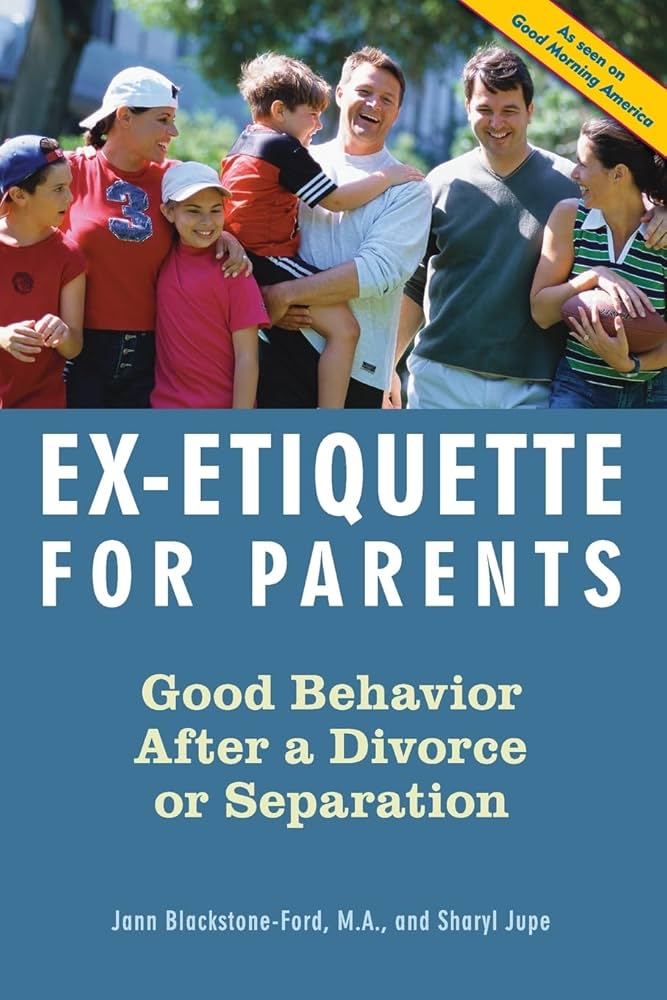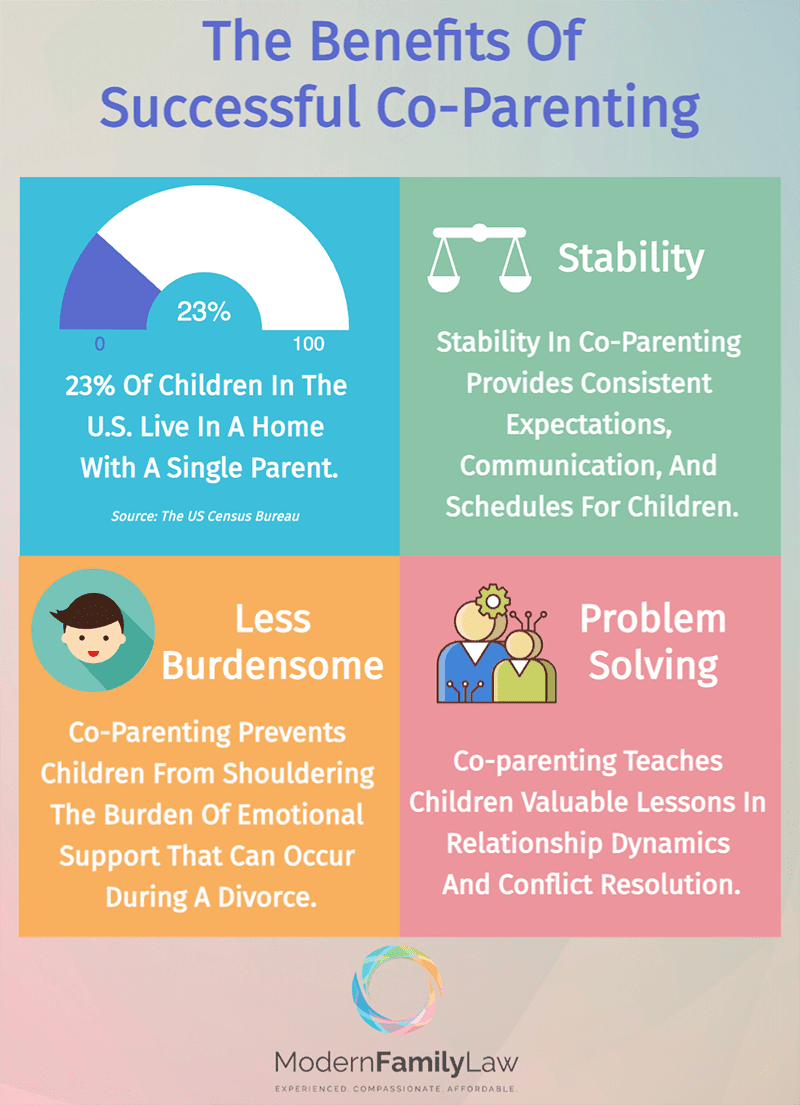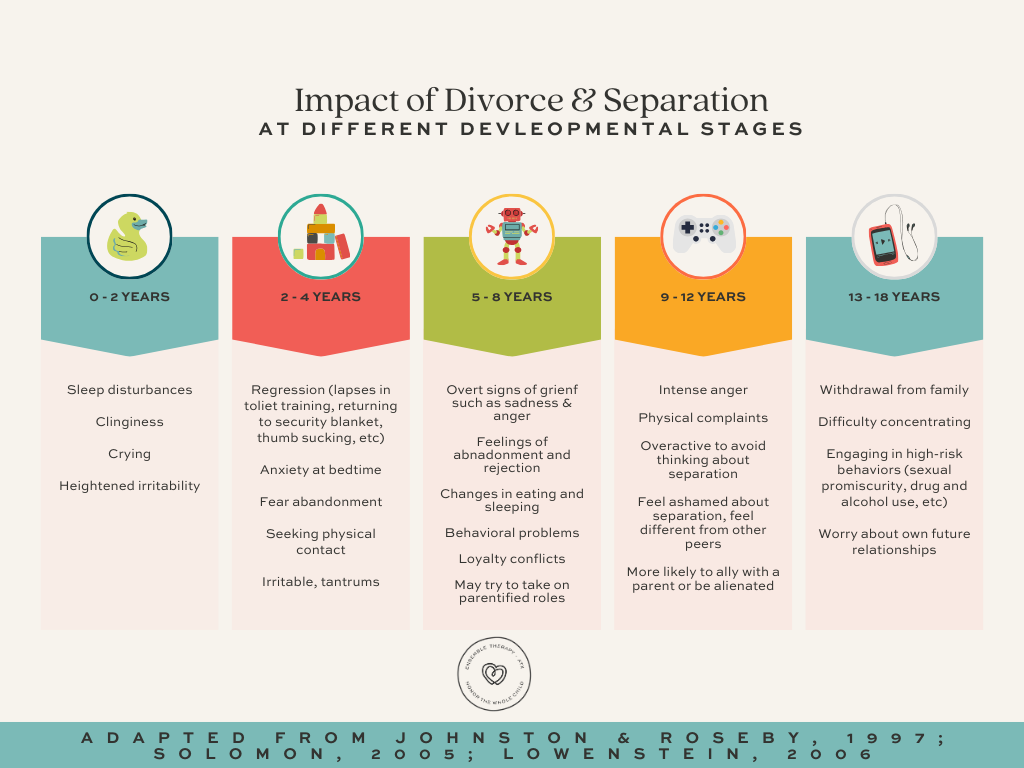Ex-Etiquette for Parents: Good Behavior After a Divorce or Separation
Navigating the complexities of co-parenting after a divorce or separation can be challenging. In a time filled with emotional turmoil, learning to maintain good behavior for the sake of your children is essential. It not only helps foster a healthy environment for them but also sets a positive example for how to handle difficult relationships. This guide delves into the principles of ex-etiquette that can aid parents in their post-divorce journey.

Understanding Ex-Etiquette
Ex-etiquette refers to the unwritten rules of behavior that guide how former partners interact after separating. These rules are crucial because they establish boundaries and foster respect, ultimately benefiting everyone involved, especially the children. Practicing good ex-etiquette can lead to more harmonious co-parenting arrangements, reducing stress for both parents and children.
Communication is Key
Effective communication lays the foundation for successful co-parenting. Establishing clear channels of dialogue helps ensure that both parents remain informed about important decisions and changes in their children’s lives. This might include discussing educational needs, healthcare decisions, and scheduling events.
When communicating, aim for a calm and respectful tone. Avoid discussing personal grievances or past conflicts in front of your children. Model the behavior you wish to capture in your children. They are always watching how you interact with their other parent, and your actions speak louder than words.
Put Children First
Your children should be prioritized in every interaction. Putting your child’s needs above your disagreements is a cornerstone of good ex-etiquette. This means making decisions that are in their best interest rather than focusing on personal emotions or histories.
When conflicts arise, think about how resolutions will affect your children. Acknowledge their feelings and provide reassurance. It’s vital for children to know that both parents love them and are committed to their well-being, regardless of their marital status.

Establish Boundaries
Setting clear boundaries helps minimize confusion and conflict. Discuss and agree on rules and expectations regarding visitation schedules, discipline, and other parenting responsibilities. Consistency in these agreements will provide the stability your children need during this transition.
Respect each other’s time and commitments. If a change needs to happen in the custody schedule, communicate promptly and offer alternative solutions. Being flexible can go a long way in maintaining an amicable relationship.
Avoiding Negativity
Negativity towards each other does not only impact the parents but also has a profound effect on the children. Avoid criticizing your ex-partner in front of your children. Speaking poorly about them can create loyalty conflicts within your children and lead to emotional distress.
Instead, focus on creating a positive environment. Compliment their other parent when appropriate, and encourage your children to maintain a relationship with both sides of the family. This balanced approach nurtures their emotional health and ensures they remain connected to their roots.
Co-Parenting Together
Working as a team may feel challenging at times, but co-parenting involves partnership. Attend school functions, extracurricular activities, and family events together when possible. By showing a united front, you reinforce that both parents are integral to your child’s life.

In situations where joint attendance is not feasible, coordinate on necessary details to ensure that your child feels supported by both parents. Celebrate milestones and achievements together, either in person or through mutual acknowledgment.
Seek Help if Needed
Occasionally, navigating this new reality can become overwhelming. If feelings of resentment or unresolved issues cloud your ability to maintain good ex-etiquette, consider seeking help from a family therapist. Professional guidance can provide strategies for improved communication and conflict resolution, ensuring you remain focused on co-parenting effectively.
Embrace a Shift in Perspective
Finally, embrace the changes that come with divorce or separation. Recognizing this new chapter as an opportunity for growth can lead to positive transformations in your relationships with your children and your ex-partner. Personal development often leads to healthier family dynamics.
This transition phase can be tough, but remaining committed to ex-etiquette ensures that all parties thrive, particularly the children involved. By prioritizing positive interactions, effective communication, and emotional support, parents can lay the groundwork for an environment where their children flourish amid change.



